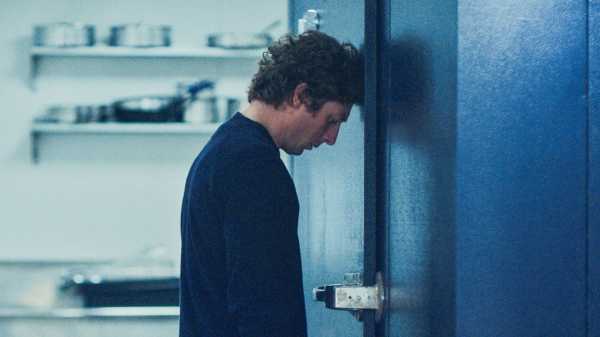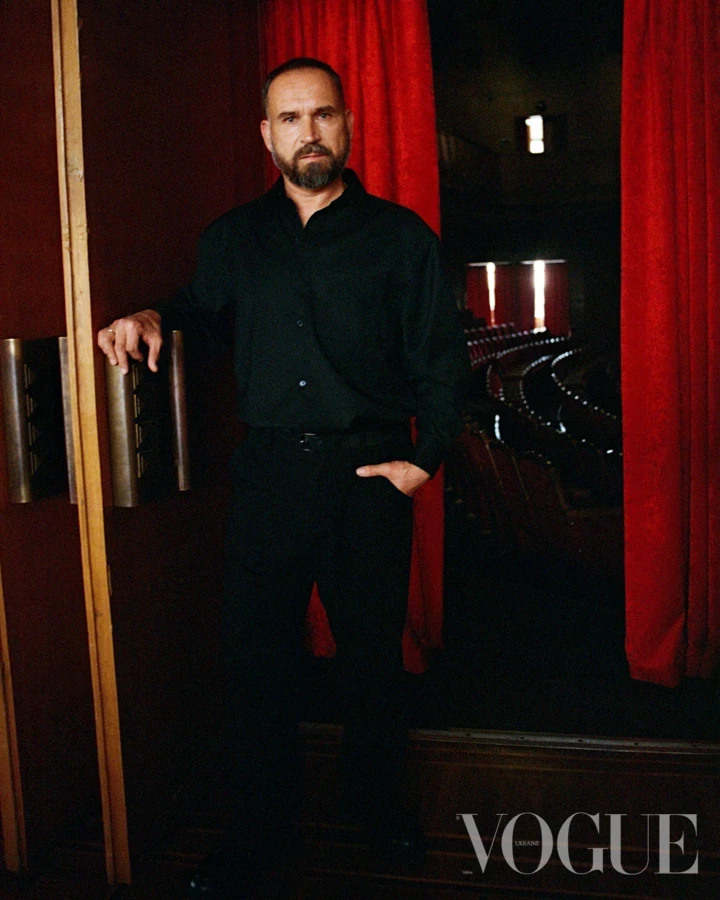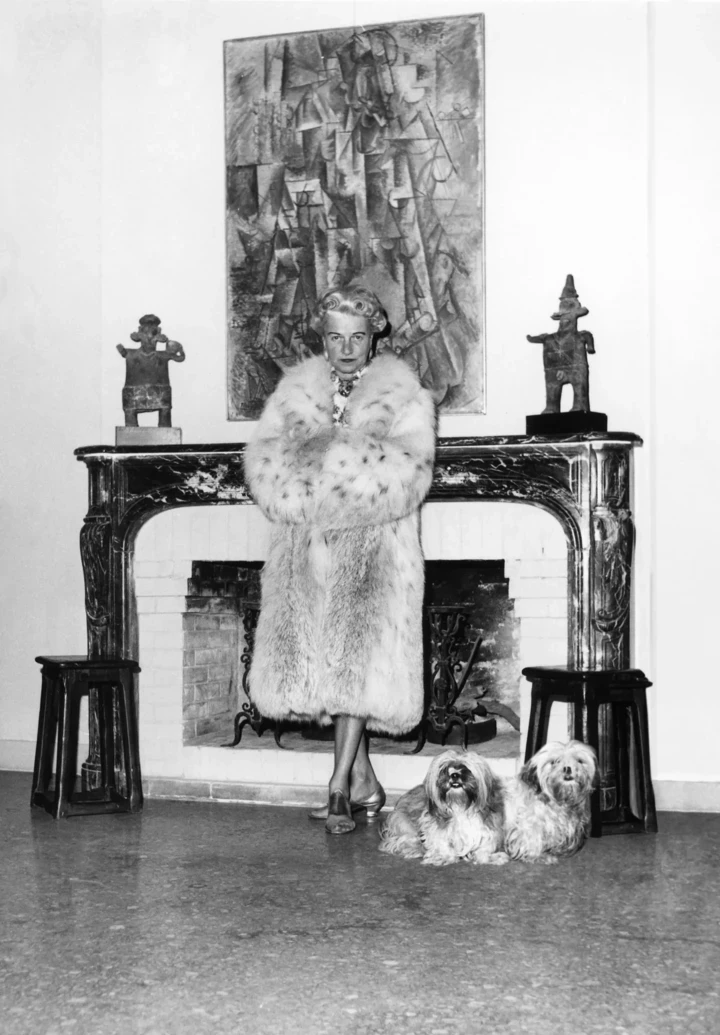
Save this storySave this storySave this storySave this story
In the third season of “The Bear,” released this week on Hulu, a fine-dining luminary named David imparts to his protégé, Carmy Berzatto (Jeremy Allen White), the secret to culinary greatness: “Subtract.” David, described variously as “one of the best chefs in the world” and “the fucking worst,” has a habit of berating his subordinates under the guise of instruction; in a flashback, we see him scoff that Carmy’s latest creation has so many elements that he’s “basically made nachos.” Years later, Carmy has taken over the Bear—the failing family sandwich shop that drove his older brother, Michael, to suicide—and attempted to imbue its menu and its staff with the discipline and ambition of haute cuisine. He aspires to reinvent the place without perpetuating the toxic dynamics of the fancy kitchens in which he was trained—until a breakup leads him to pursue the Bear’s first Michelin star with monomaniacal intent. Recalling David’s advice to “never repeat ingredients,” Carmy goes even further, deciding that his menu will never so much as repeat a dish. As his right hand asks incredulously, “We’re gonna change everything, every day?”
Going against David’s teachings, the maximalist third season only ever adds, resulting in a bafflingly bad batch of episodes that gravely misjudge the series’ appeal. Until now, “The Bear” maintained a tricky balance between sweat-soaked stress and cutesy wish fulfillment. For most of those first two seasons, the less believable elements (say, a debt-ridden Chicago sandwich joint sending one of its chefs to Copenhagen for inspiration) were easy to forgive. Its core quintet—Carmy, who’s used his talent as an escape hatch all his life; his anxious, self-sabotaging deputy, Sydney (Ayo Edebiri); their dreamy but obsessive dessert chef, Marcus (Lionel Boyce); the middle-aged line cook Tina (Liza Colón-Zayas), who both needs change and fears it; and Carmy’s aimless “cousin” Richie (Ebon Moss-Bachrach)—are lovable in exactly the way such an ensemble should be. Débuting in 2022, shortly after the #MeToo movement and the pandemic forced a reconsideration of workplace environments—including in restaurants across the country—“The Bear” felt like the best kind of openhearted prestige TV.
It’s understandable that the series’ creator, Christopher Storer, wants to experiment, to destabilize—to “change everything,” every episode. But the new season suffers from both a surfeit of ideas and a lack of vision, relegating beloved relationships to the background while larding the show with characters and story lines that fail to compel. In ten episodes, we glean almost no fresh insights into our protagonist; the première—a showy, half-hour montage of Carmy’s work history—largely retreads old territory, and he spends most of the season pining after his love interest (Molly Gordon), who’s so thinly sketched she might as well be named Bare-Minimum Girl. Even the season’s single best installment—the sixth, directed by Edebiri, about how Tina first came to work at the Bear, under Michael—hardly feels essential. At its worst, the earnestness curdles into self-congratulatory smarm. A subplot about the anxieties of Carmy’s pregnant sister, Natalie (Abby Elliott), is meant to parallel his own hopes for breaking out of an abusive cycle; Natalie fears that she’ll pass on the neuroses she developed while dealing with their unbalanced mother, Donna (an exhausting Jamie Lee Curtis, who treats the scenery like a five-course meal). But the Berzatto family melodrama has seldom rung true, and a mother-daughter bottle episode in which the two women bond over birthing experiences lands as an awkward attempt to flesh out two female characters who’ve only ever felt like appendages.
This lack of a narrative through line leaves the writers scrambling for stakes. Despite Carmy’s best intentions, the new iteration of the Bear is a bit of a mess—and a massive money pit. The restaurant’s financial viability depends, unconvincingly, on a positive review from the local paper, and much of the season’s ostensible tension comes from the overwritten bickering among Carmy’s relatives. These ginned-up conflicts are a poor substitute for genuine drama, as are the incessant, heavy-handed needle drops. A funeral for a beloved restaurant in the universe of the show, complete with distracting cameos from real-life A-list chefs, only adds to the noise. All this sound and fury can’t disguise how profoundly “The Bear” has lost the plot—even the food looks unappetizing this season. By the end, you’ll crave the straightforward pleasures of a plate of nachos. ♦
Sourse: newyorker.com







